/m
Wann: 14. 09. 2022 – 28. 10. 2022
Uhrzeit: 19:00 – 22:00

- Diese event hat bereits stattgefunden.
- Es wurden keine Ergebnisse gefunden.
SALON OF OPEN SECRETS – Mz* Baltazar’s Lab – Kunstraumproart
14. September 2022, 19:00–28. October 2022, 22:00
free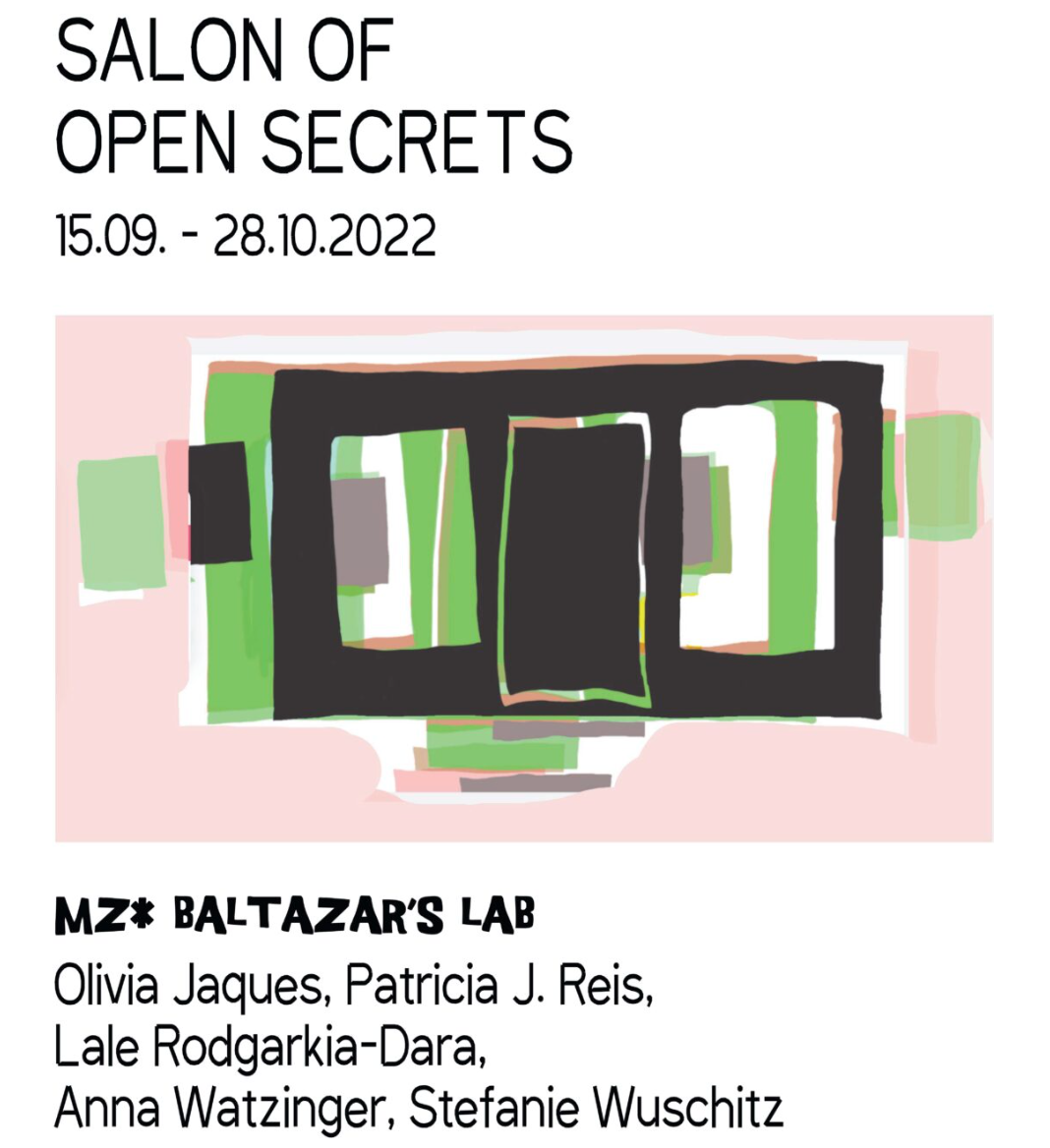
SALON OF OPEN SECRETS – Mz* Baltazar’s Lab
Olivia Jaques, Patricia J. Reis, Lale Rodgarkia-Dara, Anna Watzinger and Stefanie Wuschitz
Opening: 14. September 19:00
Kaffee Kränzchen & Performance Olivia Jaques and Anna Watzinger
Sa, 17. September 11:00
Guided visit through the exhibition
Fr, 28. October 18:30
Finissage and artist talk
Catarina Reis
Erika Farina
Taguhi Torosyan

Photo: Gabriele_Krisch
When gas, electricity or water are scarce,
the immense interdependence of human and non-human needs
becomes tangible. How does a company in Taiwan, a mine in Portugal,
a river in Indonesia, or a glacier in Antarctica relate to meeting
our daily needs?
On the other hand, which needs of these living entities did we neglect because we mistakenly treated them as dead matter and mere commodities?
Ultimately, how do we position ourselves towards their past, present and future? How can we recover materiality, critically, as a contribution to a sustainable ecosystem?
Our global commodity chains and their entanglements in complex patriarchal structures
are the starting point for the artistic investigations of the Salon:
How could not only coffee but also hardware be fairly manufactured and traded?
How can we strengthen our communities in order to be able to
negotiate our needs and conflicts differently than before?
What does it even mean to be part of a far-reaching network or a specific community?
Artists from the collective Mz* Baltazar’s Laboratory have been dealing with these questions for two years and present various speculative proposals in the “Salon of Open Secrets”.
The collective Mz* Baltazar’s Lab weaves a cooperative web of feminist Hackers.
They are committed to problematizing Technopolitical interdependencies and to the process of collective search for solutions. The collective is not only a method, but also the material of the artistic debate.
Forms of collective knowledge transfer that were believed to be outdated, such as a secret, a coffee party or a manual, are playfully reactivated.
To remember these outdated forms but also become aware of their colonial context can inspire generative resistance.
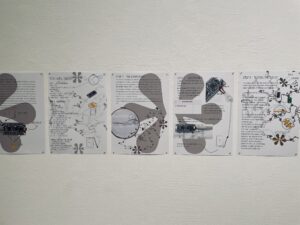
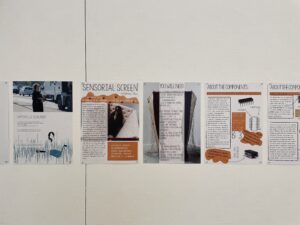
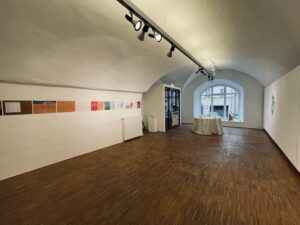

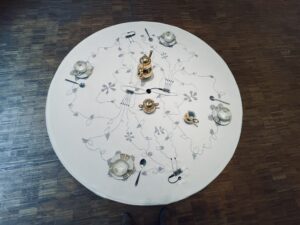

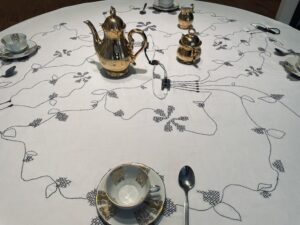
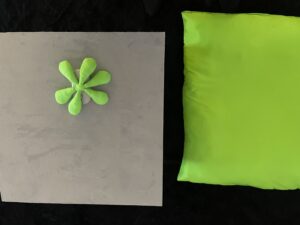
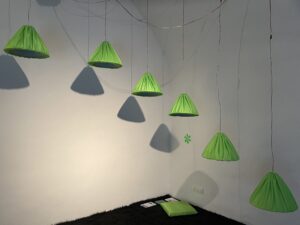
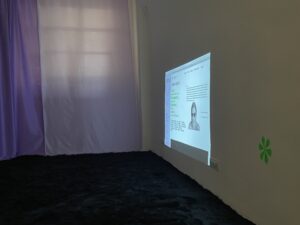

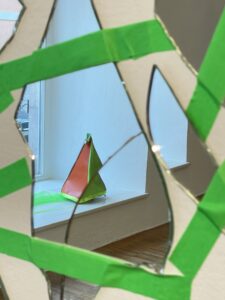
Deprecated: File Theme without comments.php is deprecated since version 3.0.0 with no alternative available. Please include a comments.php template in your theme. in /home/httpd/mzbaltazarslaboratory.org/www/wp-includes/functions.php on line 6114


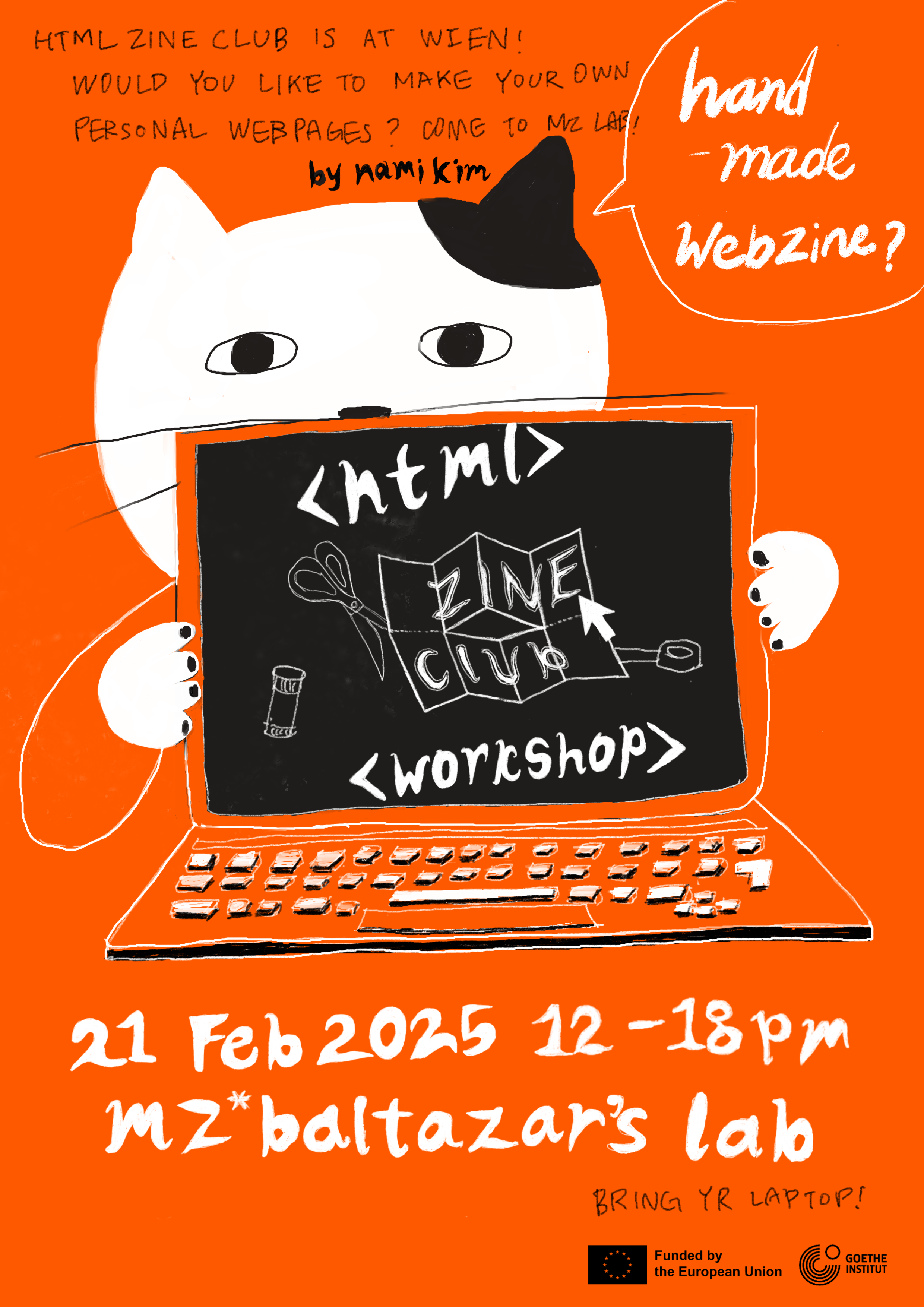



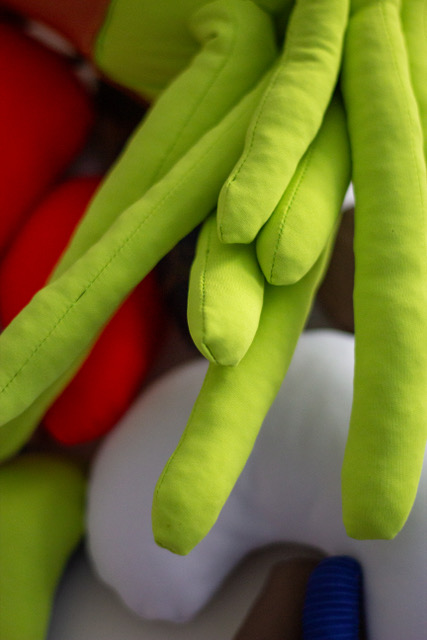









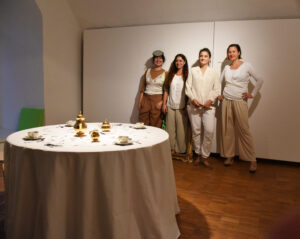
Leave a Reply